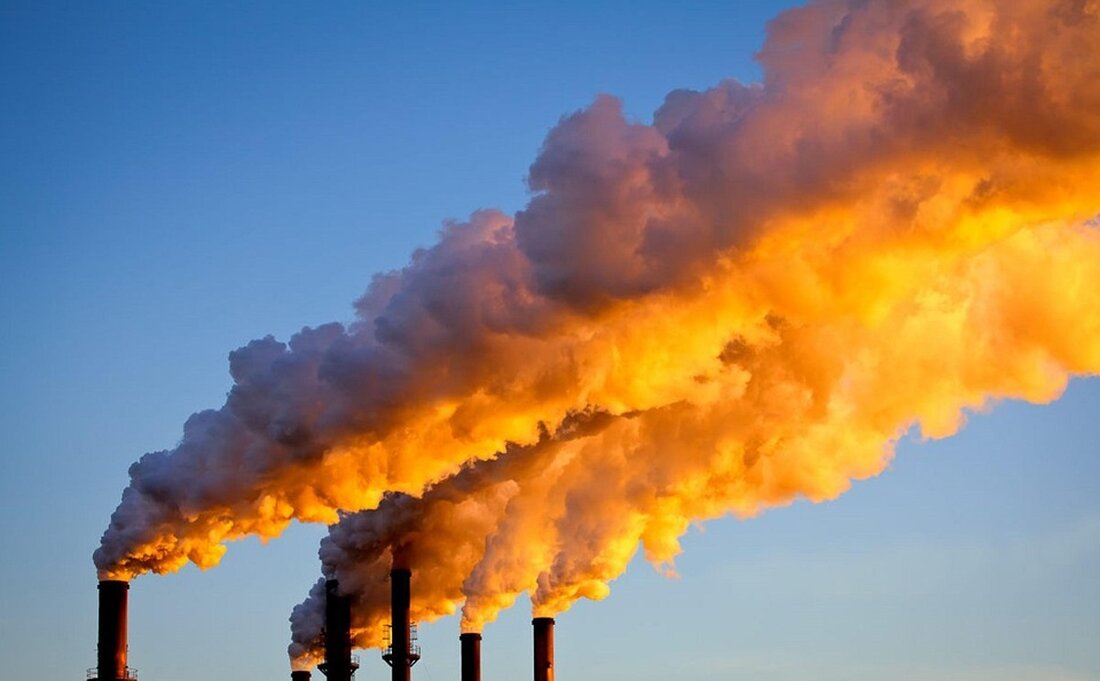Climate Change: The Alps in Tourism – Heading to New Heights!
Climate change is changing Alpine tourism: effects, opportunities and adaptation strategies in the Alpine region until 2100.

Climate Change: The Alps in Tourism – Heading to New Heights!
Climate change has profound effects on the Alpine region, particularly with regard to tourism. Since the pre-industrial period until the end of 2022, average warming has increased by 2.5 degrees in Germany, by 3.1 degrees in Austria and by 2.9 degrees in Switzerland. These changes lead to a variety of challenges and opportunities for the Alpine leisure industry.
Winter sports in particular are facing considerable difficulties due to the rise in temperatures. Depending on the altitude, skiing becomes more and more problematic, as the zero temperature limit has risen by 300 to 400 meters since 1961. Increasing warming also requires more snowmaking, which is associated with higher energy and water consumption as well as rising costs. These developments mean that the ability to adapt in winter sports is limited.
Opportunities and challenges for summer tourism
In contrast, the extended summer outdoor season offers new opportunities to attract tourists to the mountains. Expert forum “Klima.Sport.Schnee” presented a position paper during the second Alpine climate summit on the Zugspitze, which points out that higher temperatures could potentially attract more holidaymakers to the Alps. These measures could help make Alpine tourism more climate-friendly, especially compared to air travel to other holiday destinations.
The alpine region is known for its diverse recreational opportunities, including hiking, skiing and climbing. However, glacier melt also has ecological, social and economic consequences. Glaciers not only serve as important water reservoirs, but are also indicators of climate change. The ongoing melting also leads to water shortages and affects the attractiveness of the landscape for summer tourism.
Ecological impacts and necessary measures
The melting of glaciers is already having a significant impact on the alpine environment. Swiss glaciers have lost around 60 percent of their volume since 1850. This has a direct impact on the snow reliability of ski resorts, which could reduce Alpine tourism by up to 45% by 2100 if no appropriate measures are taken. At the same time, new business opportunities are opening up, such as glacier tours, which could be in demand as a result of climate change.
The journey to the Alps can be made more climate-friendly by using public transport. Research on the impacts of climate change is essential to develop appropriate adaptation strategies. International cooperation is necessary to protect the Alpine ecosystems and to meet the challenges of climate change together.
A recent incident in Blatten, Switzerland, illustrates the direct consequences of climate change: a rock fall, possibly related to the melting of permafrost, led to the evacuation of around 300 residents. Such events underscore the growing natural hazards posed by climate change.
Overall, the effects of climate change on tourism in the Alps are both challenging and promising. In order to make the Alpine tourism sector sustainable, sustainable practices and active adaptation strategies are essential. While the region continues to attract millions of tourists, those involved are faced with the obligation to maintain the attractiveness of the Alps even in times of change.
For more information about the impact of climate change on Alpine tourism, read more at antenna and The knowledge.

 Suche
Suche
 Mein Konto
Mein Konto